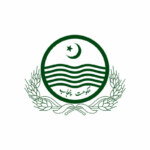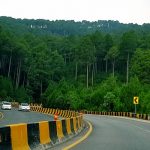Hyderabad: Sindh Agriculture University (SAU) and the Food and Agriculture Organization (FAO), in collaboration, have led to significant advancements in improving the economic well-being of local farmers across three districts in Sindh through the implementation of ‘intercropping’. The news has been sourced from an article on March 27.
Read: Sindh Transport Minister outlines KHI’s ‘electric bus network’ expansion plans
According to the details, jointly initiated by SAU and FAO, 22 experimental fields have been established across Umerkot, Sanghar, and Badin districts under the project titled, ‘Transforming Indus Basin with Climate-Resilient Agriculture and Water Management’. These fields served as testing grounds for intercropping, with a focus on sugarcane and wheat.
Intercropping, utilising zero tillage and raised bed techniques, is expected to increase yields at lower costs, allowing farmers to benefit from two crops on a single field. Professor Muhammad Mithal Jiskani emphasised the introduction of modern agricultural practices to farmers, including producing better and certified seeds.
Read: WB to extend additional USD 72mn for Sindh Barrages project
Experts from SAU provided technical assistance, while FAO supported farmers with seeds and fertilizer. Dr Ghulam Murtaza Jamro, the project’s focal person, highlighted the challenges faced by farmers due to economic hardships and climate change.








